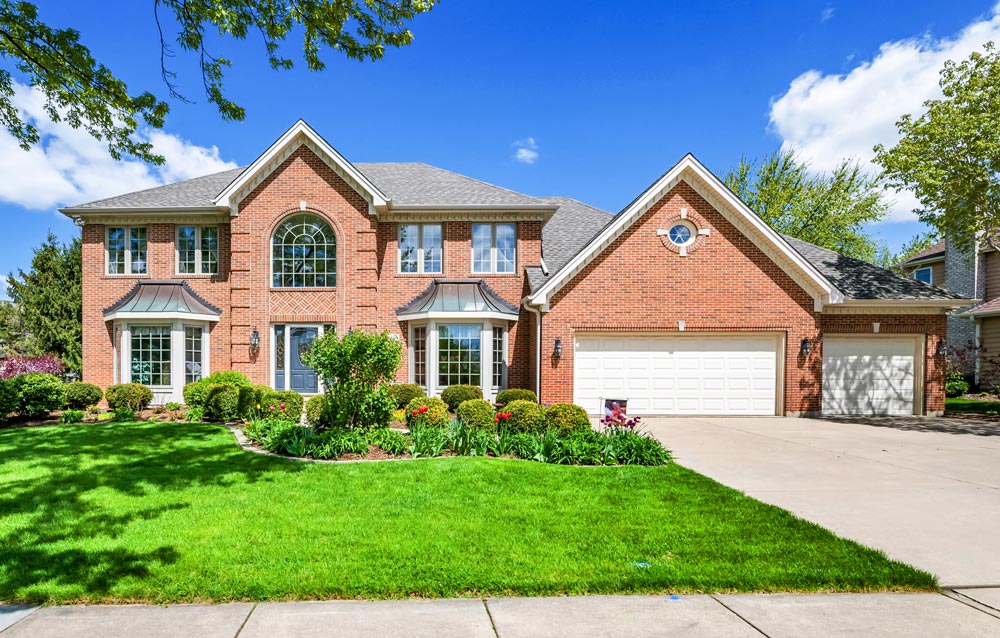Covid-19 Virus Protection – Valuations without physical contact with the Valuer. Ask how. Please phone 0411 514 228.
Retrospective Property Valuation
Retrospective property valuation is an important process for home buyers and sellers alike. It involves looking back at the past values of a property over time, which allows both parties to gain insight into how its value has changed. This knowledge can help inform pricing decisions and provide context that can help all sides feel confident in their decision-making.


Reasons For Conducting a Retrospective Valuation
There are several reasons why someone might want to conduct a retrospective valuation of a property. Some of the most common reasons include:
- Updating insurance coverage: To ensure that a property is adequately insured by determining its value at a specific point in the past. This can be especially important if the value of the property has changed significantly since it was originally insured.
- Assessing the financial performance of a property: To provide insights into the financial performance of a property by comparing its value at different points in time.
- Resolving disputes: To resolve disputes over the value of a property, such as in cases of divorce or inheritance.
- Estate planning: To provide information about the value of a property at a specific point in the past, which can be used to determine the distribution of assets in an estate.
Types of Retrospective Property Valuations
There are several types of retrospective valuations that may be conducted, depending on the specific purpose of the valuation. Some common types include:
- Market value: This type of valuation determines the value of a property at a specific point in the past based on what a willing buyer would have paid for the property at that time.
- Insurance value: This type of valuation determines the value of a property at a specific point in the past for the purpose of setting insurance coverage.
- Probate value: This type of valuation determines the value of a property at the time of the owner’s death for the purpose of distributing assets in an estate.
- Investment value: This type of valuation determines the value of a property at a specific point in the past for the purpose of assessing the financial performance of an investment.
Other types of retrospective valuations that may be conducted include:
- Forced sale value: This type of valuation determines the value of a property at a specific point in the past based on what the property would likely sell for if it were sold under conditions of duress, such as if the owner were forced to sell quickly due to financial difficulties or other circumstances.
- Liquidation value: This type of valuation determines the value of a property at a specific point in the past based on what the property would likely sell for if it were sold as part of a liquidation process, such as if a business were going bankrupt and needed to sell its assets.
- Market rental value: This type of valuation determines the value of a rental property at a specific point in the past based on what the property would likely have rented for at that time.
- Purchase price: This type of valuation determines the value of a property at the time it was purchased, which may be useful for determining the value of an asset for tax purposes or for resolving disputes over the purchase price.

